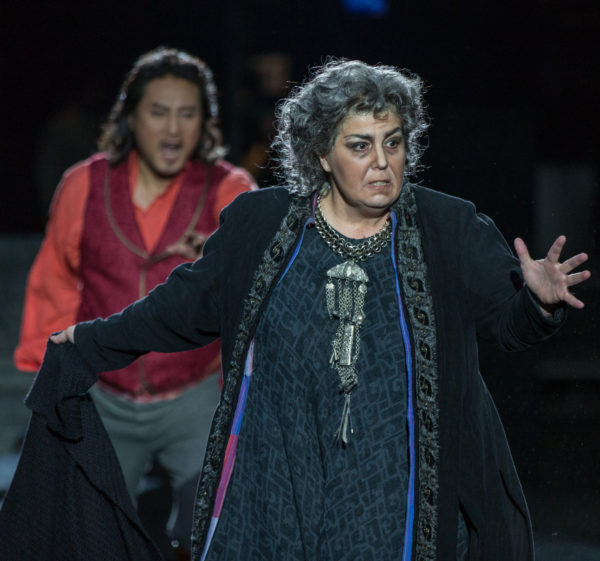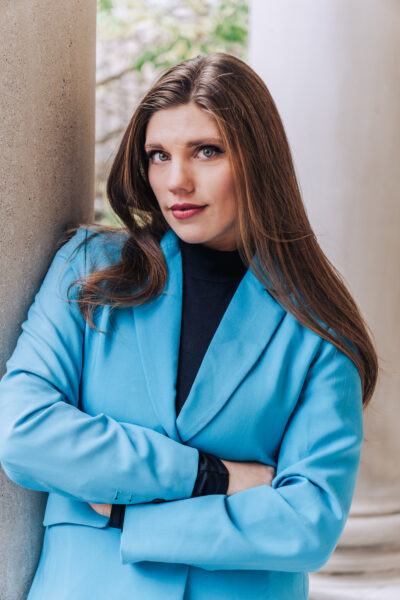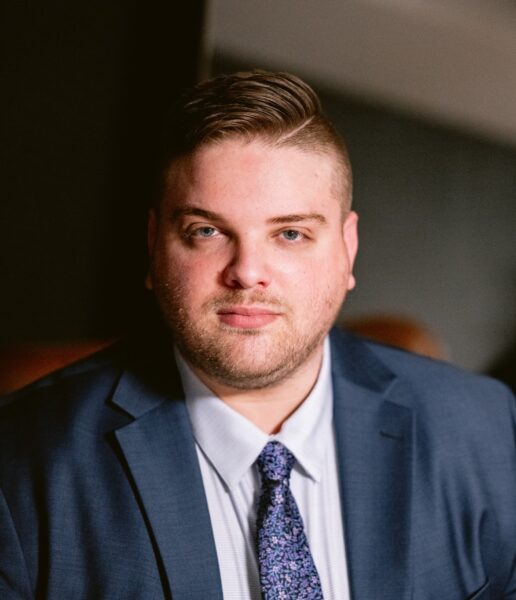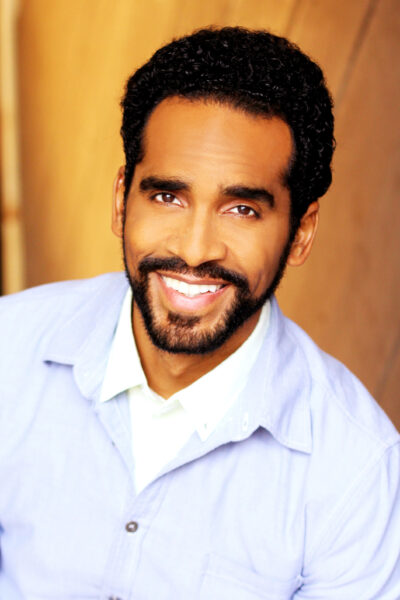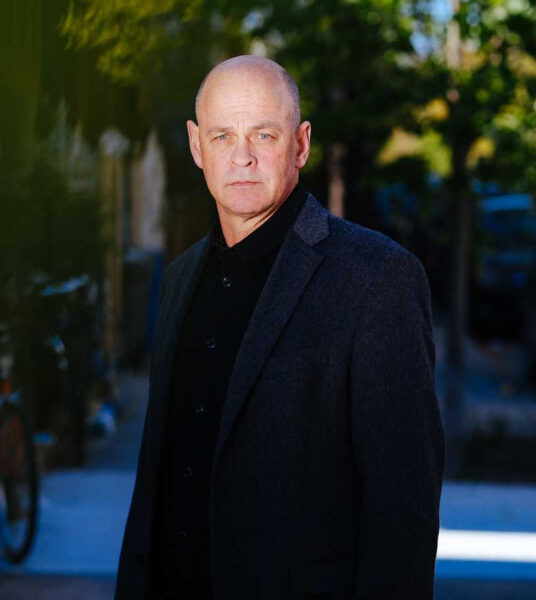“When I sing, I sing passionately with every fiber of my being!”
World-class mezzo Marianne Cornetti talks about facing down fear and living her dreams
Marianne Cornetti was 20 the day she called her parents crying from a telephone booth 30 miles away from Cincinnati Conservatory of Music. She hated to break the news, that she had lost her nerve and she didn’t want to continue her studies as a Vocal Performance major at CCM. That she really didn’t want sing any longer.
Making the call took almost as much gumption as anything else she had done. Her parents had listened to her teachers who saw prodigious talent, paid for voice lessons for the past six years, and sent her to two elite conservatories.
The thyroid illness left her unable to sing for a year, derailed her training at Cincinnati’s Conservatory of Music. The setback smothered her confidence.
“I had lost my nerve,” she said. “I stuffed it all down. I didn’t want to be a singer anymore.”
Today Cornetti is one of the world’s most sought-after mezzo sopranos, who for 30 years has owned both of Verdi’s prime roles for mezzo sopranos, Amneris in Aida and Azucena in Il Trovatore. She spoke by phone from Liége, days from her 287th performance of Aida, this time at the Royal Opera de la Wallonie in Liége Belgium.
Audiences have marveled at her range and power as she navigates Aida’s jealousy, Azucena’s search for vengeance, the guile of Lady Macbeth or the guilt of Princess Eboli in Verdi’s Don Carlos.
The crisis in her sophomore year, she said, marked “the turning point in my life.”
Her musical roots run deep. Four generations of women on her mother’s side preceded her in singing and pianistic ability, though none of them went to college for music.
“My great grandmother had a mezzo-soprano voice much like mine. My grandmother could rock a piano like no other. She played in her church for 60 years. Every Sunday we would get together at my grandparents small and modest home. We would sing and dance for hours. My mom could sing, play the piano, organ, guitar and almost any instrument she got her hands on. My mom played the organ in churches all around our community and accompanied my brother and me on so many occasions for weddings, funerals or any church or community function.”
She grew up in Cabot, Pa., a small country town an hour outside Pittsburgh. One childhood memory burns brightest.
Patricia Cornetti, her mother, tucked all of her children in bed, even after they considered themselves too old for that kind of maternal attention. Always, she told them to close their eyes.
“And every night she would say, ‘Now, if you can see your dream – and you truly believe it – you will achieve it,” Cornetti recalled.
In the sixth grade, a chorus teacher invited her to sing a solo in I’d Like to Teach the World to Sing.
“And I said, ‘Me?’”
That teacher alerted the high school choir director.
“She said, ‘Look out for this singer. There’s something special about this one.’”
In high school, those childhood dreams had narrowed into a specific vision. Lying in bed, she saw herself taking curtain calls at the Teatro alla Scala, which she knew was in Milan, Italy but not much more.
“I could imagine them throwing flowers at me,” she said. “I would be thinking, ‘I can do this. I can do this.’”
After leaving Cincinnati Conservatory of Music Marianne decided to switch her major to Speech Pathology. She attended Penn State University for one year and later transferred to Duquesne University because it was one of the top 10 universities for Speech Pathology.
Because of Marianne’s extensive credits towards her music degree, the University persuaded her to finish her degree in Vocal Performance along with working towards her Speech Pathology requirements.
Of course, she started to sing and take voice lessons again. Three months in, she became confused. She enjoyed singing again and what she had totally pushed so far down and away, was now emerging and fulfilling her once again. Her teachers reacted positively to her singing and encouraged her to keep striving.
She had come to a crossroads in her life and career.
She remembers coming in to her voice lesson and saying to her teacher, “Mija, I am so confused. I am here to really finish my Speech Pathology degree, but I am loving singing again. The ‘bug’ has bitten me!”
“But I know I am not your typical Diva type like Maria Callas. She has furs and an entourage with her all the time! I can’t eat, drink and sleep Music 24/7. I love so many other things; sports, horseback riding.”
At that moment, Mija walked over, grabbed her by the shoulders, looked her square in the eye and said, “Marianne, you can be who you are, it’s really ok. But if you don’t sing, it will haunt you the rest of your life. This is what you were put on this earth to do.”
From that point, she never looked back and launched her successful career immediately after graduation. She never did her Speech Pathology degree.
Music doesn’t feel like work, she said, even though she warms up an hour a half every day and continues to take voice lessons.
The more she works on her voice, the more she wants to work.
“You’re constantly massaging stretching, doing all kinds of things with it,” she said. “And taking risks. It might be in the coloring of a word, or going sopiano the audience is leaning forward to catch it.”
She’s a people person, easy to get along with unless you push her. (“Then watch out, I’ll let you know.”) She’s a social organizer on the set, corralling fellow cast members for at least one group dinner during a run.
“I just believe that when you get to know somebody off the stage, you get to know them on the stage, and we become better as a cast.”
Marianne loves working with and listening to and guiding singers. Whether about technique, her experiences over the past 30 years, or about situations that arise in the business of singing. “I am living this dream! The best thing I can do is give back to the next generation of young singers.”
With each group, Cornetti repeats the words spoken by her mother at her bedside. I always tell them, “If you can see your dream, and you truly believe in your dream, you will achieve it.”
